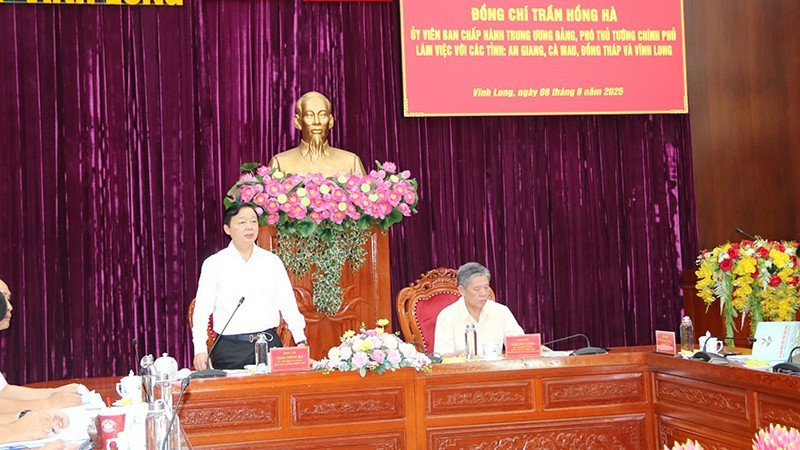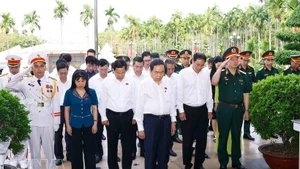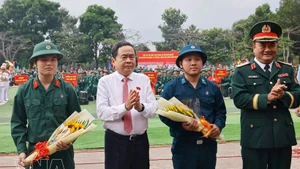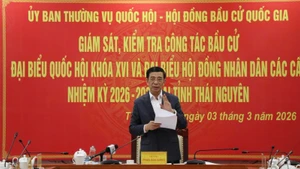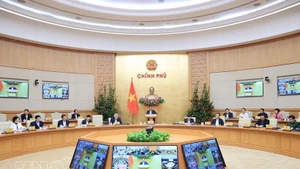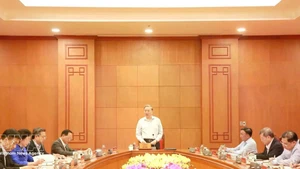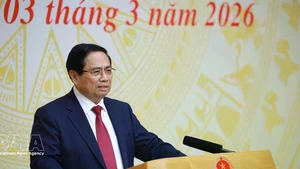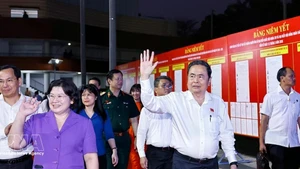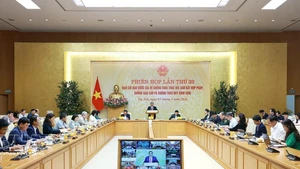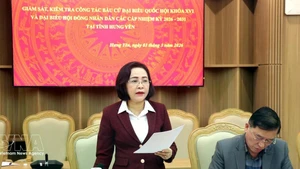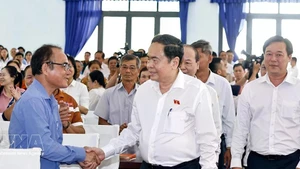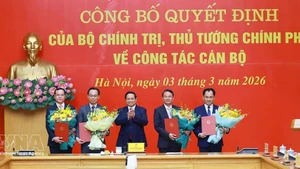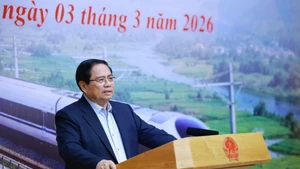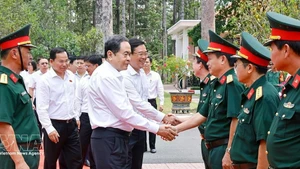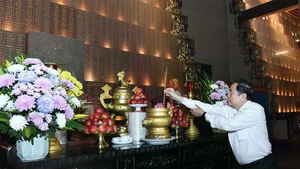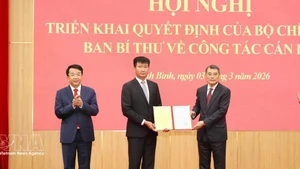The Government delegation worked with local leaders on removing difficulties and obstacles to promote production, business, import and export, infrastructure development, building of social housing, national target programmes; accelerating the disbursement of public investment capital; and implementing the two-tier local government model.
At the meeting, delegates heard a summary report on the socio-economic situation in the first seven months of 2025 from the People’s Committees of the four provinces. Despite facing numerous difficulties and challenges, the socio-economic situation in all four provinces recorded positive and comprehensive results across all sectors.
Thanks to strong determination and decisive direction and management, in the first six months of 2025, Dong Thap’s Gross Regional Domestic Product (GRDP) was estimated at 69.544 trillion VND, up 7.16%, with all economic sectors showing good growth. Specifically, agriculture, forestry and fisheries increased by 3.94%; industry and construction by 10.54%; and services by 7.53%.
In the first six months of 2025, Vinh Long recorded economic growth of 7.49%, with state budget revenue reaching 13,619.6 billion VND, equivalent to 63.66% of the annual estimate. Total retail sales of goods and consumer service revenue reached 130,466.4 billion VND, up 11.86% year-on-year. The province approved investment policies for 25 new projects with a total registered capital of 5.984 trillion VND and over 14.4 million USD; established 1,563 new enterprises, equivalent to 98% of the annual plan.
Some difficulties and obstacles for commune-level governments following mergers include a significant increase in workload; judicial and land administration software systems not yet fully integrated; and internet connectivity not meeting requirements for handling administrative procedures for citizens and businesses. The state and mass organisations’ document processing systems still have many shortcomings.
The leaders of the People’s Committees of the four provinces made several proposals and recommendations to the Government, including the early approval of the investment plan for An Giang province’s border-gate economic zone; support for effective implementation of the one-million-hectare low-emission rice project; issuance of guidance documents on evaluating and classifying communes meeting new rural standards and advanced new rural standards; and criteria for poverty, as well as the process for reviewing poor and near-poor households for the 2026-2030 period.
At the meeting, Deputy Prime Minister Tran Hong Ha highly appreciated the efforts of local leaders in managing and directing socio-economic development, while noting that the arrangement and assignment of local officials and civil servants must be carried out strictly, in accordance with procedures, and with timely and effective implementation of policies.
He also requested that the delegation’s general affairs unit compile all proposals and recommendations from the localities, along with responses from representatives of ministries and sectors, so that the Deputy Prime Minister can promptly report to the Prime Minister.
